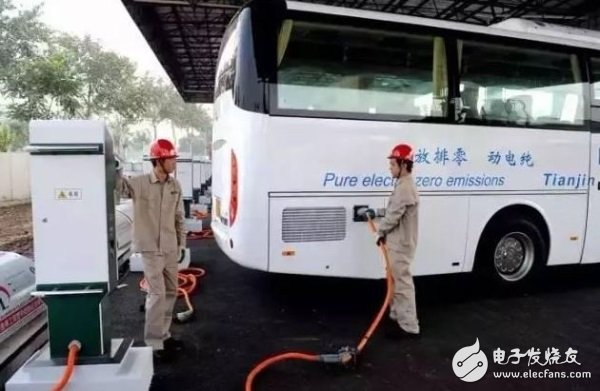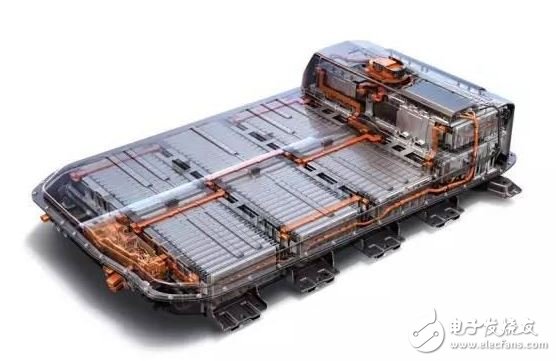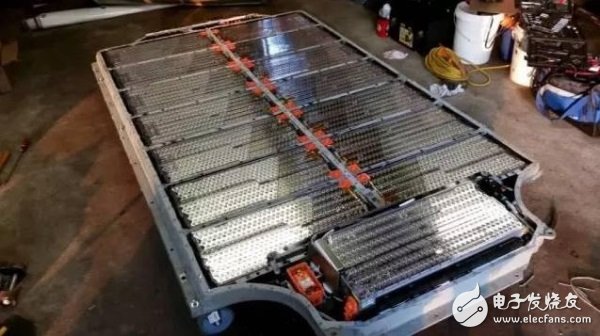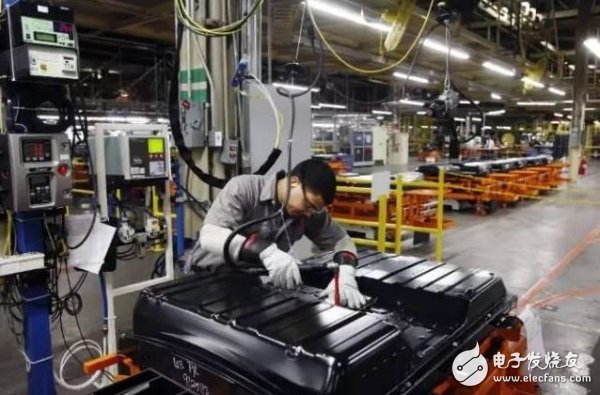At the China Electric Vehicle Hundred People's Association, Zhang Xiangmu, Director of the Equipment Department of the Ministry of Industry and Information Technology, caused a lot of controversy. He said this: "The Ministry of Industry and Information Technology will organize the risk assessment of the ternary lithium battery. Before the evaluation is completed, the ternary lithium battery bus will be suspended for the list of recommended models for the promotion and application of new energy vehicles."
In response to such news, the Ministry of Information of the Electric Vehicles has issued a special announcement saying that the 100 people will be just a platform, not representing any party. According to the current report, some companies have revealed that the relevant regulatory agencies have suspended the acceptance of the electric bus of the ternary materials, but the authenticity is still to be considered.

The objection to the use of ternary lithium batteries for commercial vehicles is mainly for security reasons. But why the ternary lithium battery will be "calling the card", from the principle.

Ternary lithium VS lithium iron phosphate
The "three-element lithium battery" is a "ternary polymer lithium battery", which refers to a lithium battery using a nickel-cobalt-manganese ternary cathode material as a positive electrode material. This naming method is based on the "positive material" of the battery, in addition to lithium cobaltate, lithium manganate, and lithium iron phosphate batteries. In addition to the division according to the positive electrode material, the battery type can also be classified according to the shape, the outer material, and the electrolyte.
Ternary lithium, lithium manganate, and lithium iron phosphate can all be used in electric vehicles. Having said so much "lithium", you may be a little dizzy, but today's protagonist is a ternary lithium battery and a lithium iron phosphate battery.
The characteristics of the ternary lithium battery and the lithium iron phosphate battery are different, and the main contradiction is concentrated on "energy density" and "safety". Ternary lithium batteries have higher energy density, but safety is often suspect. Although the lithium iron phosphate battery has a small energy density, everyone says it is safer.
The difference in the so-called "safety" is mainly on the positive electrode material.

Both materials will decompose when they reach a certain temperature, and the ternary lithium material will decompose at about 200 degrees. Moreover, the chemical reaction of the ternary lithium material is more intense, and oxygen molecules are released, and the electrolyte rapidly burns under the action of high temperature, and a chain reaction occurs. Lithium iron phosphate decomposes at 700-800 degrees, does not release oxygen molecules like ternary lithium materials, and the combustion is not as intense. To put it simply, the ternary lithium material is more likely to catch fire than the lithium iron phosphate material. Note that what we are referring to here is just "material."
From the general trend, domestic car manufacturers have turned to ternary lithium batteries, including Beiqi, BYD, Jianghuai and so on. The corresponding suppliers are also accelerating the production of ternary lithium batteries. For example, Yiwei Lithium will disclose in the semi-annual report that the second phase of the plant will mainly produce ternary lithium batteries.
As for lithium iron phosphate batteries, more and more active in the electric bus market. In November last year, the installed capacity of electric bus with lithium iron phosphate battery accounted for 64.9%, and the installed capacity of ternary lithium battery was only 27.6%. In contrast, in the pure electric passenger vehicle market, the installed capacity of the ternary lithium battery in November last year exceeded 76%.

Bath Mat,Shower Mat,Bathroom Mats,Bath Rugs
Cixi Mingsheng Rubber & Plastic Co.,Ltd. , https://www.cixidoormats.com